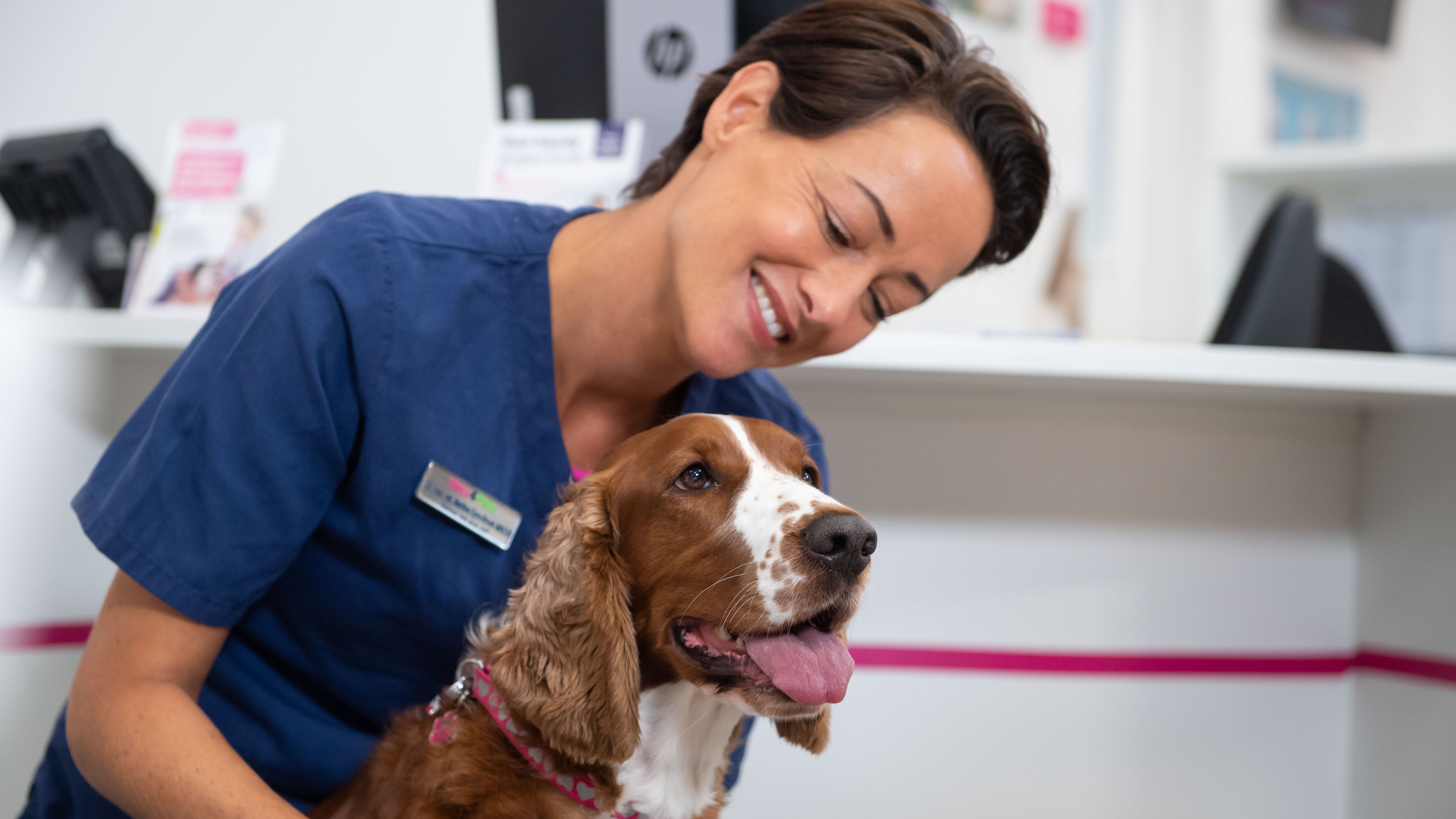
Xylitol Poisoning In Dogs
Xylitol is a sweetener used in many products. Completely harmless to humans, xylitol is unfortunately toxic in dogs.
Xylitol is a sweetener used in many products, with one of the most common being sugarless chewing gum. Completely harmless to humans, xylitol is unfortunately toxic in dogs. The effect of xylitol in other species has been poorly documented, but rabbits, ferret and cats may be affected to a varying extent.
It is to note that some peanut butter brands contain xylitol so care should be taken to check the ingredients when using peanut butter as a treat. It should also be noted that the very small amounts of xylitol found in some pet products such as toothpaste are well below threshold and will not cause any harm to your pet.
Xylitol is extracted from certain plants and manufactured into a white powder that tastes similar to sugar. The popularity of xylitol has grown as demand for low-sugar food increases, and xylitol is now being used in oral care products, pharmaceuticals, and as a sugar-sparing food additive. Sugar-free chewing gum or sweets, mouthwash and cough syrup are just a few examples of products which frequently contain toxic levels of xylitol.
If you think your dog may have ingested xylitol, please contact your local Vets4Pets immediately.
More about xylitol poisoning
Blood sugar is controlled by the release of insulin from the pancreas; a rise in blood sugar leads to a rise in insulin, which reduces blood sugar in turn. This keeps the amount of sugar in the blood within safe levels.
In humans xylitol does not stimulate the pancreas to produce insulin, as it is not true sugar. In dogs, however, xylitol does cause the pancreas to react, sending high levels of insulin into the blood. This flood of insulin causes sugar levels in the blood to drop from normal to dangerously low. Low blood sugar is known as hypoglycaemia, and can occur as little as ten minutes after a dog ingests xylitol.
Normal blood sugar levels are vital for the function of all the cells in the body. Untreated, xylitol-induced hypoglycaemia can lead to liver failure and even be life-threatening.
- Vomiting
- Weakness
- Incoordination
- Depression and lethargy
- Tremors
- Seizures
- Coma
If you are concerned your dog may have eaten a xylitol containing product, take them to your local vet immediately. Fast and aggressive veterinary treatment is essential to reverse the hypoglycaemia and hopefully prevent the development of more severe signs
. Your vet may induce vomiting in your dog if the ingestion was recent enough, and depending on the results of blood tests which can monitor blood sugar levels. Putting your dog on a drip will allow your vet to treat any hypoglycaemia and also begin to correct any electrolyte imbalances that may have developed as a result. The most common of these is a low potassium level.
Your dog will have to stay at the vets to be monitored, have their blood sugar levels stabilised, receive liver-protectants if appropriate and have any other required supportive care.
Early treatment, before symptoms develop or of uncomplicated hypoglycaemia, often has a good prognosis. Unfortunately, if complications with the liver arise, a dog develops seizures or bleeding disorders, or if they slip into a coma, the prognosis can be very grave.
Swift treatment of any poisoning is very important, but the rapid action of xylitol means speed is really of the essence. Getting dogs which have, or may have, consumed xylitol to the vets as fast as possible is the best recommendation and has the best prognosis.
Naturally, prevention is better than cure, and making sure any products you use at home which contain xylitol are safely stored is the easiest way to stop poisoning from occurring. Taking the time to check ingredients labels is time well spent, as this is a great way to identify products you may not have thought of as being a risk for your dog.
There are also many other common household foods and products that can cause toxicity in dogs.
If you think your dog may have ingested xylitol, please contact your local Vets4Pets immediately.
Health Plans to keep your dog healthy
At Vets4Pets we offer a range of Health Plans that make essential routine treatments more affordable. You'll save money on things like annual vaccinations, flea and worm treatment and routine health check-ups.

Dog Advice
Read more of our expert dog advice to keep your dog happy and healthy.
